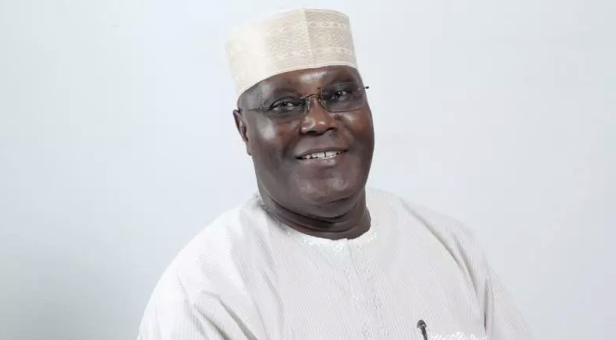Alhaji Atiku Abubakar, a former Vice President, has affirmed that the Yoruba people, being his in-laws, will hold a significant and prioritized position in his governance and policy decisions if he is elected president in 2027.
As a prominent member of the African Democratic Congress (ADC), Atiku praised the Yoruba community, recognizing them as one of the most distinguished groups within humanity.
Through a statement released by his media advisor, Kola Johnson, the presidential candidate expressed gratitude for having a Yoruba wife, emphasizing that his connection to the Yoruba people is deeply personal and familial.
“This close relationship means that the welfare of the Yoruba will always be a central focus in my administration, should I be fortunate enough, by the grace of Allah, to assume the presidency in 2027,” he declared.
He dismissed concerns that his presidency might result in Hausa/Fulani dominance over the Yoruba or other ethnic groups, describing such fears as not only baseless but also illogical, given that the Yoruba are part of his extended family network.
Atiku recounted his marriage to his first wife, Titi, a Yoruba woman, which began in the 1970s. Together, they have four children of Yoruba descent. Now over 75 years old, Titi remains his partner.
“My children with Titi affectionately call me ‘Baba rere,’ meaning ‘good father.’ I cherish my role as a devoted parent and encourage all fathers to nurture their children with the same love and commitment,” he shared.
He further highlighted the sophistication and high level of education among the Yoruba, warning that underestimating them would be a grave mistake.
“My wife, who hails from Ijesha, is far more than just a spouse to me; she is a priceless treasure. Anyone familiar with my family can attest to this,” Atiku added.
“This deep bond explains why, both personally and professionally, the Yoruba people are among my closest friends and allies. I have always treated them with the utmost respect,” he emphasized.
Atiku described himself as inherently detribalized, stating, “Even before entering politics, I naturally connected with individuals from various ethnic, religious, and cultural backgrounds without difficulty.”
He continued, “When I stepped into the political arena, I was, without arrogance, a politician without ethnic boundaries-a true statesman, if you will.”
Nonetheless, he acknowledged that his marriage to a Yoruba woman has profoundly strengthened his affection and commitment to the Yoruba people.
“I regard the broader Yoruba region as my home and its people as an extended family. Therefore, the notion of Hausa/Fulani dominance is simply irrelevant in this context,” Atiku concluded.

















